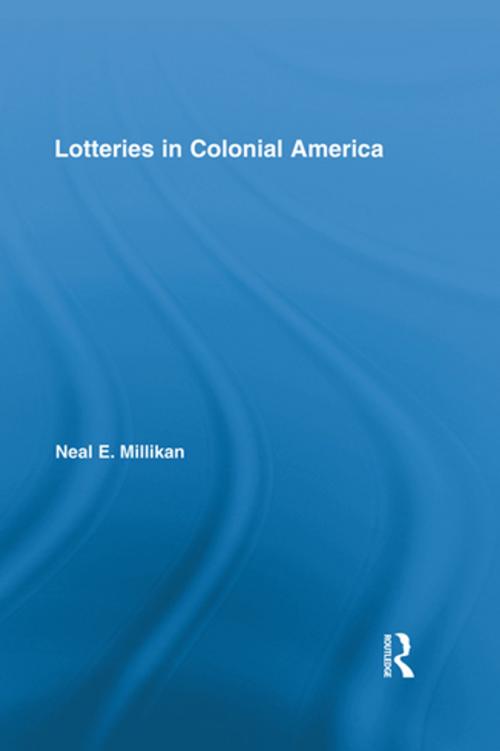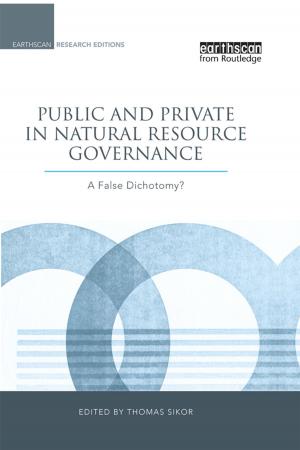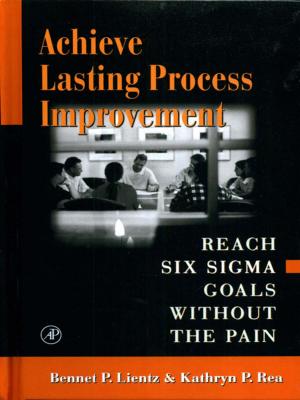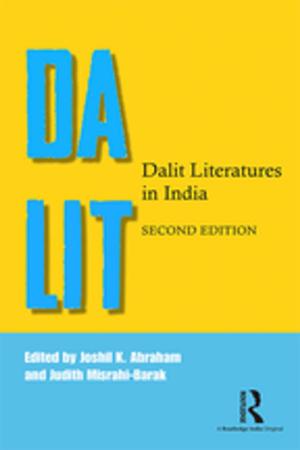Lotteries in Colonial America
Nonfiction, History, Americas, United States, Colonial Period (1600-1775)| Author: | Neal Millikan | ISBN: | 9781136674457 |
| Publisher: | Taylor and Francis | Publication: | May 9, 2011 |
| Imprint: | Routledge | Language: | English |
| Author: | Neal Millikan |
| ISBN: | 9781136674457 |
| Publisher: | Taylor and Francis |
| Publication: | May 9, 2011 |
| Imprint: | Routledge |
| Language: | English |
Lotteries in Colonial America explores lotteries in England and the American colonies in the seventeenth and eighteenth centuries. From the founding of Jamestown to the financing of the American Revolution, lotteries played an important role in the economic life of the colonies. Lotteries provided an alternative form of raising money for colonial governments and a means of subsidizing public and private projects without enacting new taxes. The book also describes and analyzes the role of lotteries in the eighteenth-century consumer revolution, which transformed how buyers viewed the goods they purchased, or in the case of lotteries, won. As the middling classes in the colonies began to acquire objects that went beyond mere necessities, lotteries gave colonists an opportunity to risk a small sum in the hopes of gaining riches or valuable goods. Finally, the book examines how lotteries played a role in the changing notions of fortune in colonial America. Religion and chance were present in colonial lotteries as participants merged their own free will to purchase a lottery ticket with the will of the Christian God to select a winner.
Lotteries in Colonial America explores lotteries in England and the American colonies in the seventeenth and eighteenth centuries. From the founding of Jamestown to the financing of the American Revolution, lotteries played an important role in the economic life of the colonies. Lotteries provided an alternative form of raising money for colonial governments and a means of subsidizing public and private projects without enacting new taxes. The book also describes and analyzes the role of lotteries in the eighteenth-century consumer revolution, which transformed how buyers viewed the goods they purchased, or in the case of lotteries, won. As the middling classes in the colonies began to acquire objects that went beyond mere necessities, lotteries gave colonists an opportunity to risk a small sum in the hopes of gaining riches or valuable goods. Finally, the book examines how lotteries played a role in the changing notions of fortune in colonial America. Religion and chance were present in colonial lotteries as participants merged their own free will to purchase a lottery ticket with the will of the Christian God to select a winner.















